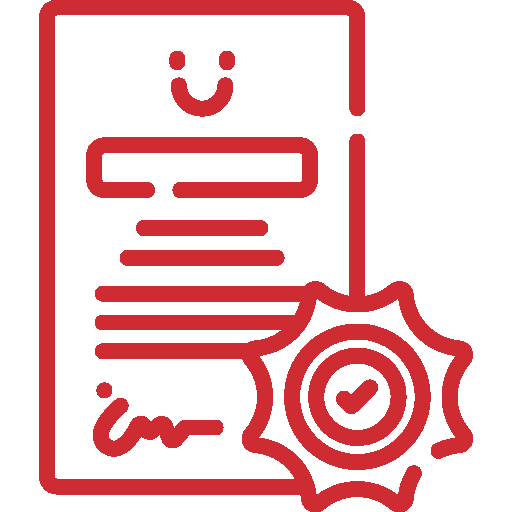Rexarc is currently open from 7:30 AM – 4:00 PM EST, Monday – Friday. Read More
Rexarc is currently open from 7:30 AM – 4:00 PM EST, Monday – Friday. Read More

Pressure vessels and boilers are widely used across industries for many purposes. Owing to their importance and diverse usage, pressure vessels are available in varied specifications, with temperature and pressure limitations, and in an array of materials. There are many factors to consider when it comes to setting vessel specs and choosing a fabrication partner. One of the most important factors to consider is choosing a manufacturer that is ASME certified. Why is that ASME certification so important?
ASME History & Reputation are Invaluable
ASME, the American Society of Mechanical Engineers, is the leading professional mechanical engineering organization in the U.S. and around the globe. Established in 1880, the organization today has more than 100,000 members in 140 countries. ASME currently offers more than 600 codes covering numerous technical areas and promotes mechanical engineering. In addition to boilers and pressure vessel standards, ASME has developed codes for mechanical devices such as fittings and gaskets, overhead and mobile cranes, elevators and escalators, bioprocessing equipment, and so on. Many of those codes arose from early failures and lack of oversight across states, like boiler regulations.
Though steam powered the industrial technology in the 19th Century, no state in the U.S. had laws regulating the temperamental and potentially dangerous equipment. The Grover Shoe Factory explosion in Brockton, Mass., in 1905, which killed 58 and injured scores, moved the state of Massachusetts to establish boiler laws in 1908. ASME organized a Boiler Code Committee in 1911 and published the Boiler and Pressure Vessel Code (BPVC) in 1915.
ASME provides codes in two main categories — ASME Boiler and Pressure Vessel Code (BPVC) and Other Important Codes and Standards. ASME BPVC sets standards for the design, manufacturing, inspection, installation, and maintenance of pressure vessels and boilers, keeping up with emerging technology and evolving usage. The ASME pressure vessel code is divided into 12 sections and several sub-sections to cover various types of tanks, their uses, and materials.
Trustworthy Standards Forged from History, Experience
ASME is not only a standards body. The society promotes the profession of mechanical engineering and strives to highlight its reputation. ASME also is a research organization, developing research on industrial technology for continued improvement well into the future.
Today, in large part because of its stellar reputation for that promotion and research, ASME codes are widely recognized around the world. ASME is not just a U.S.-based organization, but is itself a standard for a number of reasons:
3 Reasons Why Should You Consider ASME Pressure Vessels for Your Facility
Standards set by ASME are established by collaborative professionals working around the world in a variety of settings and conditions. And, as a professional society touting the importance of mechanical engineering, the performance of these standards is paramount to the ASME’s reputation and success. Therefore, ASME pressure vessel codes assure:
ASME Certified Manufacturers Deliver Safety, Quality
This historical precedence and professional standards established by ASME for industrial technology, including pressure vessels, is respected worldwide. Their standards are set by collaborative professionals working to assure safety and quality. Check your prospective fabricator’s certification status and be sure that you are getting the best.
Companies with generations of tank quality and international expertise, like Rexarc, go through the ASME certification process and take great pride in having earned that distinction. Rexarc has earned the ASME “U” (for pressure vessels up to 3000 psi), “U2” (for up to 4500 psi) and “R” (for repair) stamps. When you need a custom pressure vessel, contact Rexarc to see how they can deliver quality on time for you.

We are a one stop shop from custom vessel production to full skidding, plumbing and instrumentation.

We stand by our processes and communicate with you on your project status as much or as little as you would like.

We continually reinvest in our people, business, and equipment technology to ship quality products on time.
